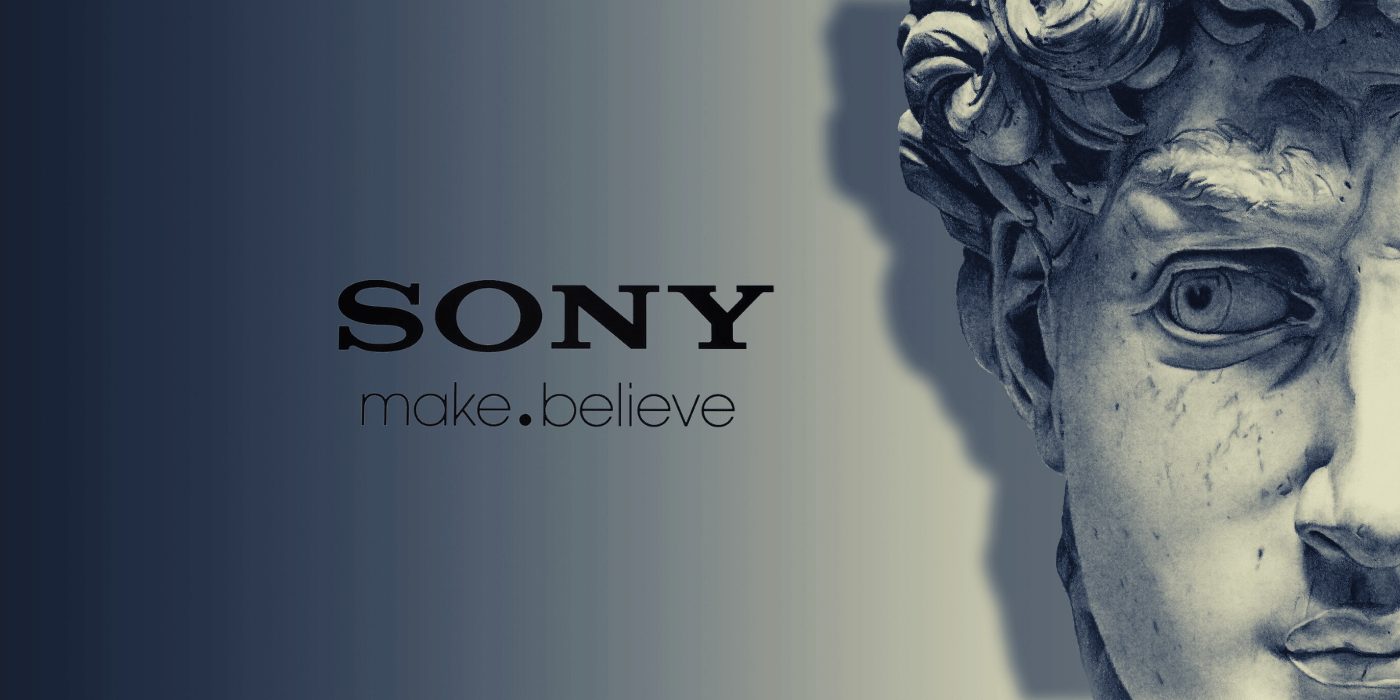NFTs are set to go 3D as the result of a partnership between Sony and Theta Labs that has revolutionary ramifications for how future viewers engage with the metaverse.
The Theta Project will take the form of a decentralised video streaming and/or delivery network with its own native crypto asset, THETA. Associated NFTs will be crafted for the Sony Spatial Reality Display (SRD) and are designed for three-dimensional viewing. They will also be available in 2D versions:
Sony’s SRD is a tablet-like device that leverages technologies such as augmented reality and 3D enhancements. The Japanese multinational’s official YouTube channel has issued a video that showcases the device:
Nick Colsey, Sony’s VP of business development, believes NFTs will only enhance the SRD experience:
Immersive, three-dimensional NFTs are a great way to showcase the potential of Sony’s SRD for metaverse enthusiasts and collectors. Theta’s NFTs are the latest way we can show our rapid adoption of metaverse-friendly technology.
Nick Colsey, VP of business development, Sony Corporation
No Need For Designated 3D Eyewear
The revolutionary aspect of the SRD monitor is that it allows the viewer to partake in 3D experiences without the need for traditional 3D accessories such as glasses or goggles. Instead, the device tracks eye movement and automatically adjusts the 3D display as the viewer moves.
As Theta Labs’ co-founder and CEO Mitch Liu notes, “the metaverse is already 3D”, which opens up the need for users to be able to “visualise and showcase their NFTs in a way that has a physical presence”.
Release Date TBA
Sony and Theta will jointly release an NFT called ‘The Tiki Guy’, which takes the form of a 3D tiki mask. Only 10 of these NFTs will be minted. All NFTs (including the 2D versions) will be released on ThetaDrop, Theta Labs’ NFT marketplace. When? “Later this year” is as accurate as the forecast gets.
In February, Samsung’s South Korean customers who ordered the new Galaxy S22 smartphone or S8 tablet were able to collect Theta-based NFTs with their purchases. And almost a year ago, Sony Interactive Entertainment published a patent application for an eSports betting platform that would support Bitcoin payments.
It’s clear on the evidence of their latest partnership announcement that both Sony and Theta are marching deeper into crypto-based leisure territory. With Sony’s net profit down 12 percent year-on-year according to fiscal Q1 figures, perhaps Theta’s NFTs will prove just the tonic.







